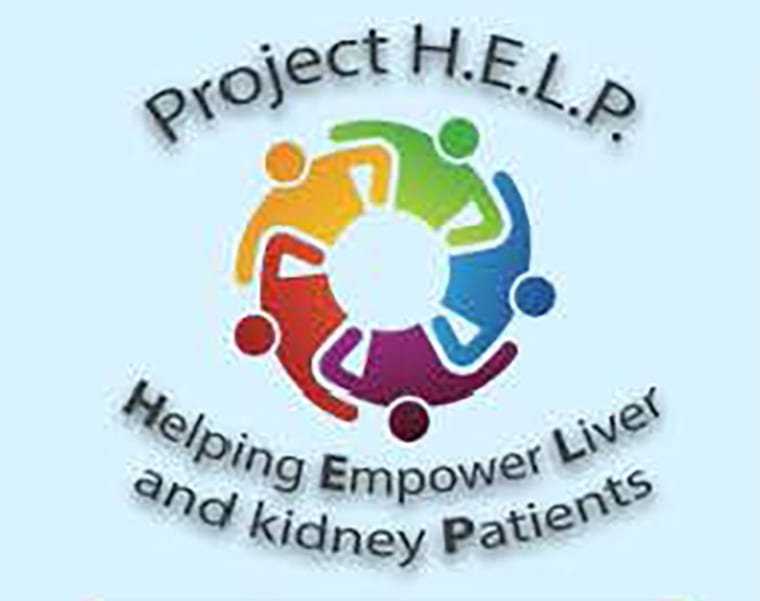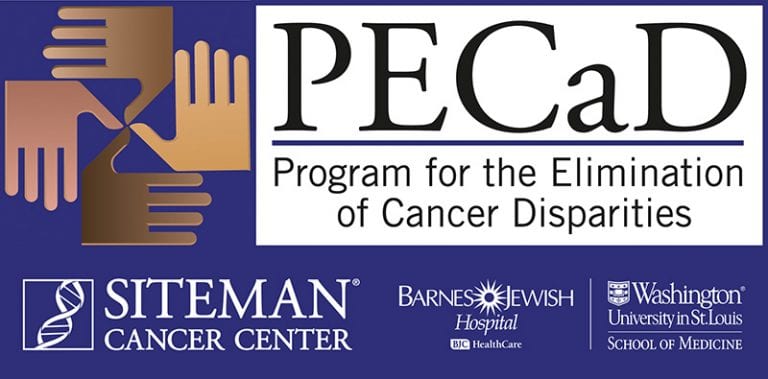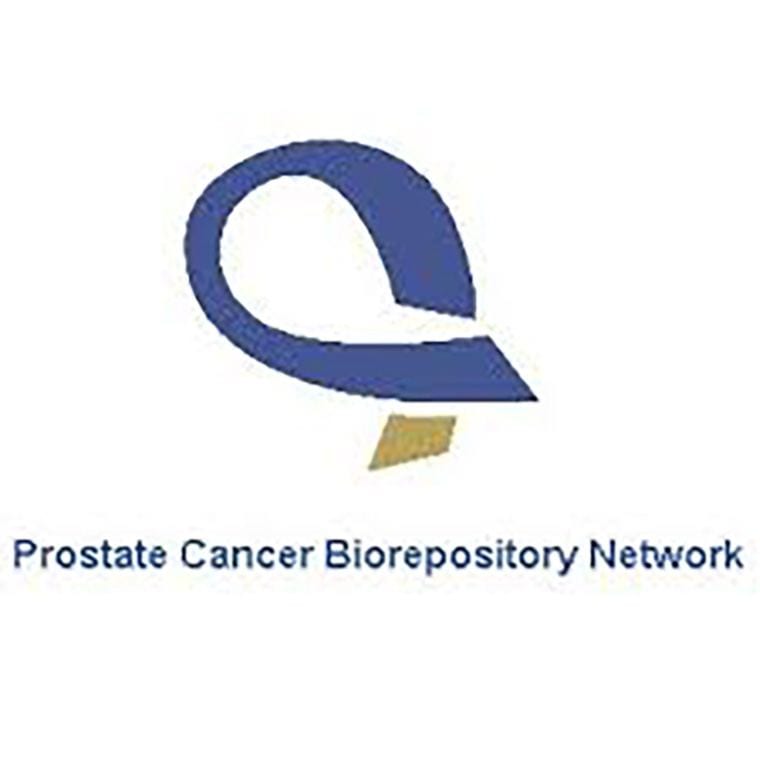
The Cancer Control Continuum, also known as the Cancer Care Continuum, has been used since at least the mid-1970s to describe the various points from cancer prevention, detection, diagnosis, treatment, and survivorship.
The cancer control continuum is a useful framework on which to view plans, progress, and priorities. This model helps our faculty members identify research gaps, where we must collaborate with other clinicians and researchers, institutions, and community members to have an impact for patients. This also allows our faculty to understand where more resources may be needed.
View more information about the cancer care continuum through the National Cancer Institute.
Related projects
Explore how our research projects intersect with various points on the cancer continuum. Click on a point in the continuum to view related projects.
View all projects related to the cancer care continuum below.

Health Literacy in the Context of Kidney Cancer & Smoking
Faculty involved: Erin Linnenbringer
This pilot project examined health literacy in the context of kidney cancer and smoking among rural populations in southern and central Illinois.
Improving Rural Colon Cancer Screening
Faculty involved: Aimee James, Esther Lu, Graham Colditz, Jean Hunleth
This project will address colorectal cancer mortality rates in rural Southern Illinois by improving the screening process and follow-up for patients who have a positive fecal blood test (FOBT, FIT).

Informing Kidney Patients of Treatment Options
Faculty involved: Mary Politi
This project will develop tailored, patient-centered education materials to facilitate treatment decisions in patients with Hepatitis C infection and chronic kidney disease.
Integration of Genomic & Social Science in Breast Cancer Disparities Research
Faculty involved: Erin Linnenbringer
This four-year project examines existing data to investigate potential interplay among state-level inequalities (defined by race and/or gender), individual-level health behaviors, and genomic markers associated with estrogen receptor negative (ER-) breast cancer.

Multi-disciplinary Approach to the Study of Chronic Pelvic Pain (MAPP) Research Network
Faculty involved: Siobhan Sutcliffe, Aimee James
The MAPP study is a cohort study of patients with interstitial cystitis/bladder pain syndrome (IC/BPS) and chronic prostatitis/chronic pelvic pain syndrome (CP/CPPS) from six sites across the United States. It was designed to better understand the natural history of these conditions and their underlying causes, taking a “whole-body” rather than a bladder- or prostate-specific approach.
Optimizing Decision-Making about Breast Reconstruction after Mastectomy
Faculty involved: Mary Politi
This project will develop a preference-sensitive decision support tool for patients considering breast reconstruction after mastectomy. The tool will provide patient education, elicit patients’ preferences, and include personalized risk prediction to aid in the decision making process.
Optimizing the Impact of Aspirin for Chemoprevention
Faculty involved: Yin Cao, Graham Colditz, Aimee James
Yin Cao, ScD, MPH, and colleagues will analyze the efficacy of aspirin for chemoprevention in colorectal cancer cases.
Precision-based Aspirin Chemoprevention
Faculty involved: Yin Cao
Dr. Yin Cao is leading efforts surround aspirin-based chemoprevention to inform future multi-level interventions to improve the implementation of precision aspirin primary prevention strategies across systems, providers, and patients.

Prevention of Lower Urinary Tract Symptoms (PLUS) Research Network
Faculty involved: Aimee James, Siobhan Sutcliffe
The PLUS Research Network is a multi-site network designed to develop the evidence base for future clinical trials to prevent the development and progression of lower urinary tract symptoms in women and girls. Current projects include a qualitative focus group study, the development of new instruments to measure bladder health, systematic reviews of the literature, and analyses of existing study data to better understand bladder health and factors that contribute to the development and progression of lower urinary tract symptoms.
Program Evaluation of Community Engagement
Faculty involved: Aimee James, Graham Colditz, Vetta Sanders Thompson, Bettina Drake, Esther Lu, Jean Hunleth
Community-based participatory research (CBPR) helps give community members voice in academic research. These projects evaluated current and past CBPR projects to discovery future best practices.

Program for the Elimination of Cancer Disparities (PECaD)
Faculty involved: Graham Colditz, Aimee James, Bettina Drake, Vetta Sanders Thompson
The mission of Siteman Cancer Center’s Program for the Elimination of Cancer Disparities (PECaD) is to create a national model for eliminating local and regional disparities in cancer education, prevention and treatment. Through a community advisory committee and community partnerships, PECaD works with community representatives to find solutions that reduce disparities.

Prostate Cancer Biorepository Network
Faculty involved: Bettina Drake
The Prostate Cancer Biorepository Network (PCBN) is a Department of Defense (DOD)/ Congressionally Directed Medical Research Program (CDMRP) bioresource that provides tissue and other biospecimens to all prostate cancer investigators.




